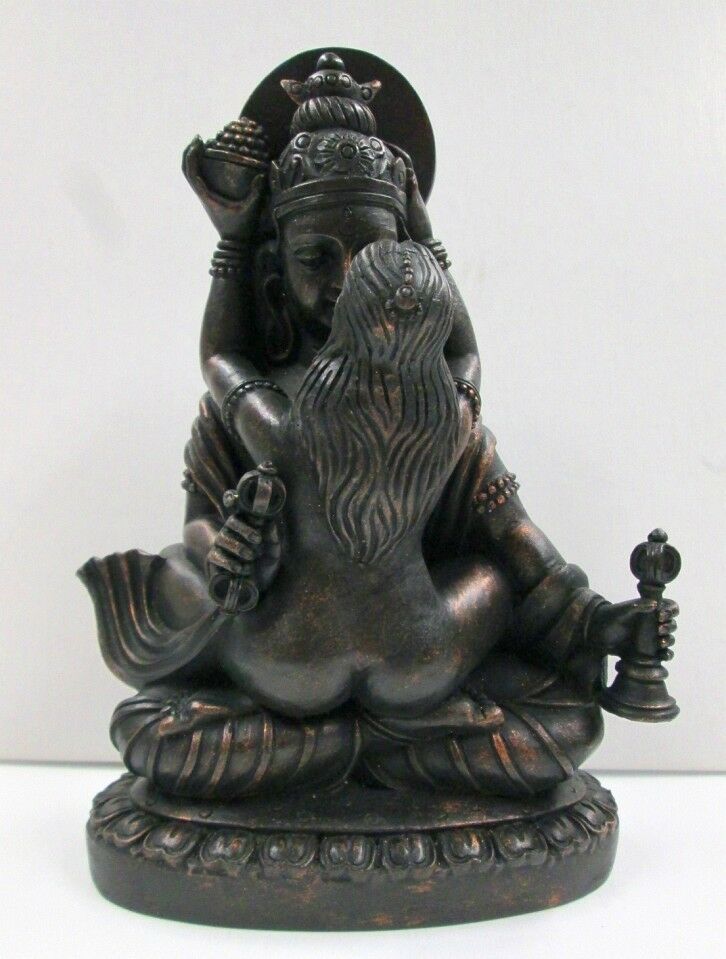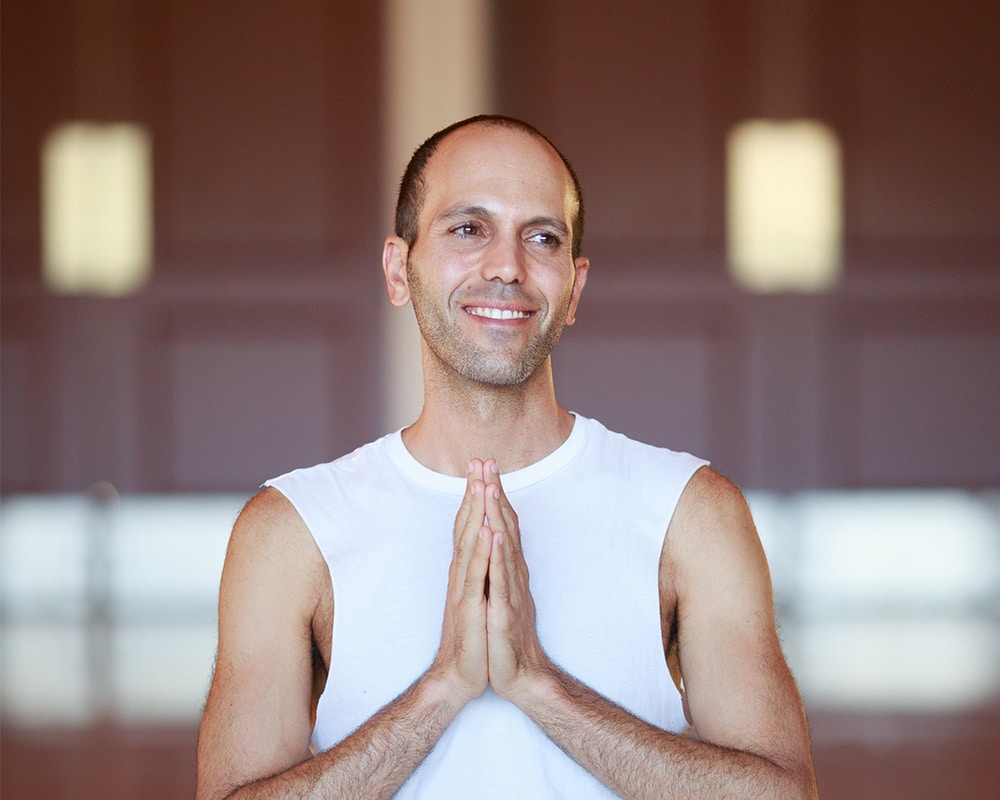NB: This article isn’t really about sex. Except, of course, it is.
When I was a university student, I joined an all-male a cappella group; yep, like a barber shop quartet, except doubly awesome, as there were eight of us. By chance, we had an amusingly symmetrical ethnic breakdown – four Jews and four Asians. But then, the other Jewish high tenor (aside from myself, though I consider myself mostly Buddhist and only Jew-ish) had to quit for personal reasons, and we hustled to find a replacement. Luckily, a new transfer student turned out to be an amazing singer, and he joined us for the rest of the year. And since he frequently joked about being Mormon (having broken our neat Asian-Jewish division), we were all a bit surprised to see him enthusiastically throw himself at copious amounts of alcohol at our first party together. Oh, this? He slurred back at our inquisitive looks, don’t mind me, I’m just one of them drinking, sexing Mormons.
So, ever since then, I have sometimes referred to myself as one of them drinking, sexing yogis. Though, to be fair, I’ve never been much of a drinker. Freshman year of college, I got chewed out by a senior when I got bored and tried to leave his party early. Dude! he yelled after me, you only drank, like, half your beer! Aside from the fact that Jews ritually drink a little bit of wine with every Friday night family dinner, my mom gave me my first glass of white wine when I was eleven years old, and as a result I never saw alcohol as a big deal or a way to revolt. I could always take alcohol in small amounts on occasion, or leave it for months at a time without really noticing. But, while I’ve experimented with many months of celibacy as a way to explore my mind and emotions around sexuality, I cannot say that I didn’t notice the slow passage of endlessly dry days. I have always wanted sex.
Which begs the interesting question: why? Especially considering that, for a very large portion of my earlier life, sex was nearly always riddled with crippling anxiety. The only times that I really enjoyed sex to any degree were almost always in committed, long term relationships, in which I felt safe, seen and loved by my partner. And though sex with new partners was often spoiled by the vicious cycles of performance anxiety and self-flagilation (emotionally, not literally. I never really understood BDSM), I still found myself craving novelty in sex. And yes, I have heard all of the sexperts say how normal this is. But still – as a yogi, I choose to live an examined life; and so I ask again: why should that be so? Why keep desiring something that has mostly led to suffering? Turns out, yoga did actually have an answer.
The good news is that over the years, slowly and gradually – certainly not in a linear way, but still consistently over time – sex became more and more of a beautiful experience in my life. No, I didn’t go to sex therapy, and really had long given up on anything I tried to do about it that was directly pertainting to sex, since it never did any good. I just kept watching myself make painful choices. And I kept meditating. In a way, it was like watching yourself routinely drop a hammer on your toes. At first, all you notice is that your toes are chronically red and inflamed, but you have no idea why. Then you start noticing bloody hammers at your feet and begin to wonder who keeps dropping hammers on your toes. Eventually, you realize that it is you who keeps dropping the hammers on your own toes. So you are left with two basic options: stop using hammers, or learn how to handle them better. Which brings us back to those long months of celibacy; but this hammer was proving to be a tool that I just wasn’t willing to keep out of my toolbox.
There is a saying in the Tibetan Vajrayana tradition that, when a Theravada monk (the Buddhist tradition most common in South-East Asia) hears about a tree with a poison fruit in a forest, he argues it best to stay out of the forest altogether. A Mahayana Buddhist (such as Japanese Zen & Chinese Cha’an practitioners) would argue that it’s fine and good to enter the forest, but recommends avoiding the poisonous tree. But a Vajrayana Buddhist kicks and yanks at the chains and yells where is this tree? Let me at it! I wanna see it, I want to smell it, I want to know everything there is to know about it and how it relates to my mind and consciousness!
Years of meditation and self inquiry, through relationships of all kinds (some seeming more appropriate and wise than others, but hey – live and learn) gradually led to some insight. This doesn’t mean that at some point I stopped making choices that led to suffering for myself and others, but gradually these experiences became fewer and farther between, and were increasingly replaced by more and more satisfying, heartful experiences that leave me and others with a sense of appreciation and gratitude, instead of an emotional hangover.
What I have learned (drum roll, please) is that a satisfying sex life depends on good connection to myself, good connection to the other, and authenticity. If you are a woman now reading this, you might be able to relate with the overwhelming majority of women who have shared with me that most (if not all) of their male partners seemed to be having sex for themselves, and not at all for their partner. This might go some way in explaining the research data suggesting that women are significantly more likely to orgasm with other women or by themselves than with a man.
As a man who was raised entirely by women and had few positive male role models, I always identified more with mental patterns that I observed to be more common in women. And as my awareness around sex was gradually gaining more clarity, I noticed it there too: I frequently wasn’t connecting with myself at all in sex. I sometimes found myself in sexual situations without really being clear on whether I actually wanted to be there. All I knew was that my sexual partner seemed to want me, and I was entirely focused on making her happy. Hence all the performance anxiety. Of course, this pattern wasn’t in the least “selfless”; it was all driven by a deep-seated insecurity and an almost insatiable hunger for approval. Which made it all the more tragic when performance anxiety led to mounting self-disapproval – and on and on the carousel went.
But I kept meditating. And little by little, I got to know myself – both on the ultimate level, in flashes of insight on the selfless nature of all things (more on that in another article soon), and in a relative sense, regarding who Shy is as a mind, with all of his self-destructive patterns and all of his unique beauty. And as I became clearer and more confident about what Shy really wants, I also became more attentive and caring to others. I was no longer just symptomatically hyper alert to others as a means of self protection, studying every signal for clues on how to please them and gain their approval. Increasingly, I found myself genuinely seeing the people in front of me and feeling more and more genuine care in my heart for their wishes and needs.
A balance between connection to ourselves and sincere care for others liberates us to be present, actually awake to this very moment, and able to skillfully and authentically respond to this moment’s unique needs. This might be the best definition of authenticity that I know: to simply respond to this moment in the way that feels right in my heart, when it is awake and full of genuine care for both self and other. What becomes obvious when we can be authentic in this way, is the immeasurable freshness of this moment. As familiar as our common ways of inhaling and exhaling may seem, we have never taken this breath before. As ancient as our patterned ways of seeing and reacting may be, this moment has never been before, and will never come again. The now is naturally free and empty of all our interpretations and patterns, and full beyond measure of newness and freshness.
Buddhist traditions speak of the Four Immeasurable Qualities: Love, Compassion, Joy and Equanimity; “immeasurable” because there is always more. They never run out. It is said that even a Buddha just keeps deepening into Love, and there is no end or bottom to the Love that is possible. And this is equally true of the other immeasurable qualities. It is in this sense that I refer to the freshness of this moment as immeasurable: there is always more of this interminable quality of newness and freshness available. We can always connect with it, and it never runs out. When we fail to connect with our natural care for both ourselves and others, and thus cannot respond authentically to the needs of this moment, we are disconnected from this natural, great freshness, and so it is no wonder that we habitually, almost addictively seek novelty even when it hurts.
When we do not know immeasurability, we get stuck in capitalism. Instead of drawing sustainably from the inexhaustible well of the now, we crave impossibly permanent growth. This is the kind of thinking that is destroying our own habitat, as well as that of countless other animals, while simultaneously robbing us of our natural happiness and peace. The madness is rarely more visible than in national economics: even if the economy grew this quarter, but less than it did in the same quarter last year, it is seen as a contraction and a failure. But how long can any economy sustain accelerating growth? Hence the cycles of boom and bust. In most people’s personal lives, these cycles can best be seen in the phenomenon of serial monogamy: the initial bull run of excitement and pleasure eventually gives way to emotional recession, and often the relationship collapses altogether into a period of depression, until a new bull run begins. It’s like a crazy Bjork song.
So where do we take refuge? Traditionally, we are encouraged to throw ourselves at the Threefold Training: Sila, Samadhi & Prajna. Sila means something like ethical behaviour, or just loving kindness. To cultivate Sila is to nurture our innate ability to care for ourselves and others. It is less about adhering to some moral code, and more about learning to listen to our hearts; and it naturally leads to a flowering of authenticity.
Samadhi literally means unified intellect, or the mind of equanimity. To practice Samadhi involves learning not to fight what is, learning to stay with this experience in this moment without struggling against it or trying to escape. It is this ancient fight or flight mechanism that obscures the immeasurable freshness of this moment, and Samadhi is the vehicle to carry us back to our natural home in the now. Meditation is an excellent practice for cultivating the unified, equanimous mind of Samadhi.
Prajna simply means wisdom. When we learn to stay with this moment without fighting or running away, when we cultivate our innate and interminable qualities of love and compassion for both self and others, we naturally know how to best respond to the needs of the now. We can reconnect with the immeasurable freshness of this moment and uncover our natural skill and wisdom to know exactly what to do now to bring about the greatest happiness and the least suffering for everyone involved – most of all ourselves.
While some schools and traditions reject sex and sexuality altogether, like the monk who admonishes us to stay out of the forest entirely for fear of one poison tree, it seems obvious that ultimate yoga involves clinging to nothing – but also rejecting nothing. Great Wisdom reveals that there is nothing wrong with anything, except (perhaps) with the thought that there is.
So any Yogi’s Guide to Sex would have to say that, if we are to explore our sexuality in a way that ultimately leads to satisfaction, rather than an emotional hangover, we must cultivate our care, our equanimity, and our authenticity. We must nurture our ability to stay with and just feel whatever arises in the moment, and the wisdom to respond to the needs of this moment with great skill and loving kindness.
When we connect with the immeasurable freshness of the now through care and equanimity, we no longer crave novelty at any cost. There is nothing wrong with novelty – we just don’t need to look for it in any person, relationship or experience. It is always already there, naturally and permanently inexhaustible. And this is also the case with our relationships to all other elements of our lives: our relationship with food, with work, with pain and with pleasure. Everything reveals itself to be exactly right as it already is, and we become increasingly liberated from the bondage of self-seeking to the joy of helping others and alleviating the suffering of all beings.
So, no – this article isn’t really about sex. Except, of course, it is.







